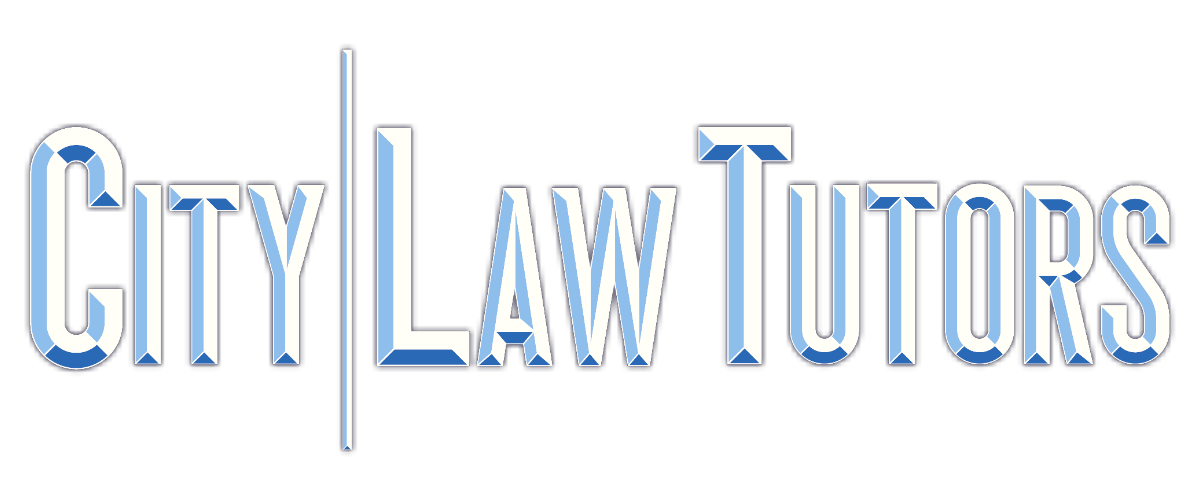
Criminal Law.
Criminal Law
Criminal Law is a fundamental area of law that deals with offenses against the state or society as a whole. It governs acts considered harmful, sets out their punishments, and ensures justice through due process. Here's a structured overview of criminal law and how tutoring in this area can help:
Foundations of Criminal Law
Purpose of Criminal Law:
To maintain public order and safety.
To punish wrongdoing and deter future offenses.
Key Principles:
Presumption of Innocence: A person is innocent until proven guilty.
Burden of Proof: Prosecution must prove the case beyond a reasonable doubt.
Actus Reus and Mens Rea:
Actus Reus: The physical act or unlawful omission.
Mens Rea: The mental element, such as intent, recklessness, or negligence.
Categories of Crimes
Offenses Against the Person:
Homicide: Murder, manslaughter (voluntary and involuntary).
Assault and Battery: Including aggravated forms like grievous bodily harm (GBH).
Sexual Offenses: Rape, sexual assault, and related crimes.
Offenses Against Property:
Theft: Taking property with the intent to permanently deprive.
Burglary: Entering a property with intent to commit an offense.
Fraud: Deception for personal or financial gain.
Public Order Offenses:
Riot, affray, and violent disorder.
Strict Liability Offenses:
Crimes requiring no proof of mens rea (e.g., traffic violations).
Homicide and Related Offenses
Murder:
Unlawful killing with intent to kill or cause grievous bodily harm.
Voluntary Manslaughter:
Murder reduced due to mitigating factors like provocation or diminished responsibility.
Involuntary Manslaughter:
Gross Negligence Manslaughter: Breach of duty causing death.
Unlawful Act Manslaughter: Killing through a dangerous unlawful act.
Defenses in Criminal Law
Complete Defenses (leading to acquittal):
Self-Defense: Using reasonable force to protect oneself or others.
Insanity: Defendant lacked understanding of their actions or their wrongness.
Automatism: Actions were involuntary due to an external factor.
Partial Defenses (reducing liability):
Diminished Responsibility: Mental illness affecting decision-making.
Loss of Control: Triggered by a qualifying act of provocation.
Duress: Coercion by threats of harm.
Intoxication:
Voluntary vs. involuntary intoxication and their impact on mens rea.
Inchoate Offenses
Attempt:
Acting with intent to commit a crime but failing to complete it.
Conspiracy:
Agreement between two or more parties to commit a criminal act.
Encouragement or Assistance:
Aiding, abetting, or counseling the commission of a crime.
Key Principles in Criminal Liability
Causation:
Prosecution must prove the defendant’s actions caused the harm.
Consider factual ("but for" test) and legal causation (e.g., R v Smith).
Coincidence of Actus Reus and Mens Rea:
Both elements must occur simultaneously for liability to arise.
Transferred Malice:
Mens rea aimed at one victim can transfer if another is harmed (e.g., R v Latimer).
Procedural Aspects
Stages of a Criminal Case:
Investigation and arrest.
Charges and plea.
Trial process: Magistrates’ Court vs. Crown Court (UK) or equivalent in other jurisdictions.
Types of Evidence:
Direct, circumstantial, hearsay, expert, and character evidence.
Sentencing:
Types: Custodial, community orders, fines, or discharges.
Factors: Aggravating and mitigating circumstances.
How Tutoring in Criminal Law Works
Understanding Core Concepts:
Focus on foundational principles, such as mens rea and actus reus.
Explore case law to understand how legal principles are applied.
Problem-Solving Scenarios:
Analyze hypothetical cases to identify elements of crimes and defenses.
Case Analysis:
Review key judgments to learn how courts reason and apply the law.
Exam Preparation:
Practice structured answers for problem questions and essay-style questions.
Real-World Applications:
Discuss criminal law in practice, such as defense strategies and prosecutorial discretion.
Would you like to focus on a specific crime (e.g., murder, theft), defenses, or case law? Or would you like to work through hypothetical scenarios to test your understanding?
The Benefits
Discover why you should choose City Law Tutors. Why us?
The Next Step
Purchase a trial session or purchase tutoring or our study guides and get started with City Law Tutors!

